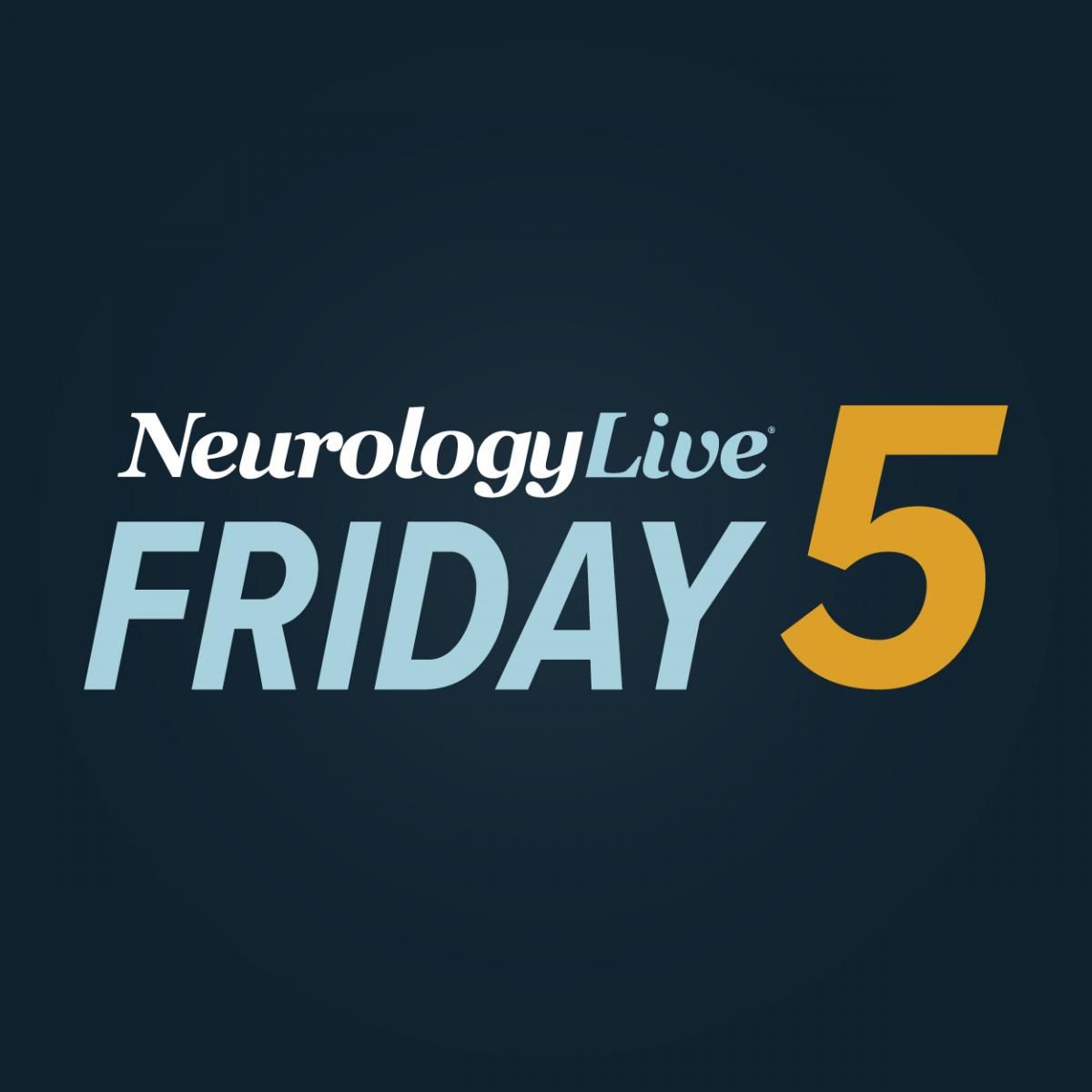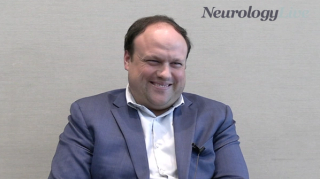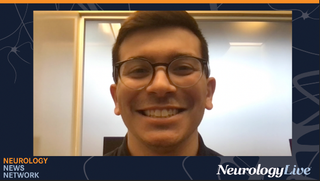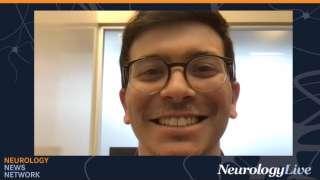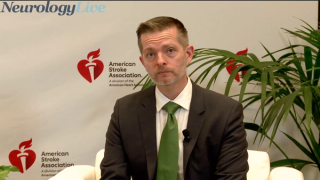
Stroke
Latest News
Latest Videos

CME Content
More News

Here's some of what is coming soon to NeurologyLive® this week.

Test your neurology knowledge with NeurologyLive®'s weekly quiz series, featuring questions on a variety of clinical and historical neurology topics. This week's topic is Purple Day and epilepsy awareness.

Take 5 minutes to catch up on NeurologyLive®'s highlights from the week ending March 15, 2024.

Here's some of what is coming soon to NeurologyLive® this week.

Catch up on any of the neurology news headlines you may have missed over the course of February 2024, compiled all into one place by the NeurologyLive® team.

Test your neurology knowledge with NeurologyLive®'s weekly quiz series, featuring questions on a variety of clinical and historical neurology topics. This week's topic is Purple Day and epilepsy awareness.

Take 5 minutes to catch up on NeurologyLive®'s highlights from the week ending March 8, 2024.

Here's some of what is coming soon to NeurologyLive® this week.

Catch up on any of the neurology news headlines you may have missed over the course of March 2024, compiled all into one place by the NeurologyLive® team.

Test your neurology knowledge with NeurologyLive®'s weekly quiz series, featuring questions on a variety of clinical and historical neurology topics. This week's topic is Alzheimer disease and dementia.

Take 5 minutes to catch up on NeurologyLive®'s highlights from the week ending March 1, 2024.
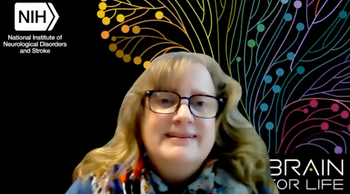
The program director in the division of Neuroscience at the National Institute of Neurological Disorders and Stroke provided context on the importance of Rare Disease Day and strides made over the years. [WATCH TIME: 5 minutes]

Caroline Just, MD, reflects on the challenges of diagnosing and treating rare neurological diseases, urging for improved education, collaboration, and research efforts.
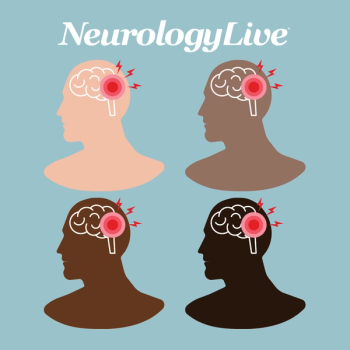
Experts in stroke care expressed a need for significant increases in awareness of stroke risk factors and symptoms in patient communities that experience racial disparities.
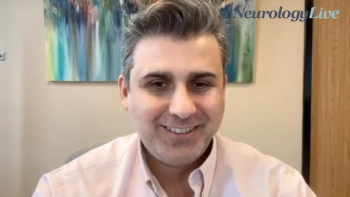
The associate professor of neurology at McMaster University talked about findings from secondary analyses on the phase 4 ANNEXA-I trial assessing andexanet alfa in patients with acute intracerebral hemorrhage. [WATCH TIME: 10 minutes]
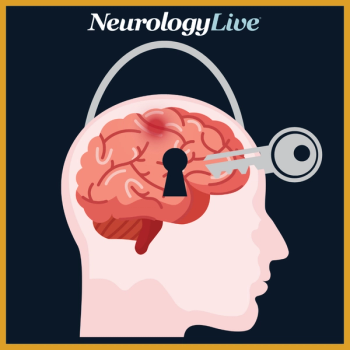
The conversations behind cerebroprotection in stroke have begun to get louder, with a pipeline that includes several different approaches to treatment.

The neurointerventional radiologist at NYU Langone provided clarity on the individualized treatment options for cervical artery dissection following a scientific statement paper from the American Heart Association. [WATCH TIME: 7 minutes]

The primary result showed a highly significant effect of edaravone dexborneol on good functional outcome, defined by scores of 0 (no symptoms) or 1 (some symptoms) on the standard modified Rankin scale assessed at 90 days postrandomization.
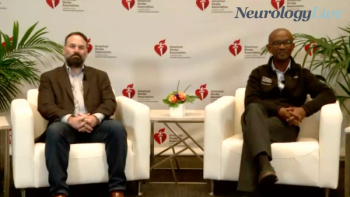
The professor of emergency medicine at Washington University in St. Louis and associate professor of neurosurgery at UTHealth Houston talked about results from the phase 3 MOST trial assessing argatroban and eptifibatide in acute ischemic stroke. [WATCH TIME: 3 minutes]

Here's some of what is coming soon to NeurologyLive® this week.
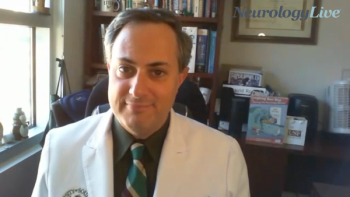
The professor of neurology at University of South Florida talked about the cost-effectiveness of insertable cardiac monitors to detect new atrial fibrillation in patients with large-artery or small-vessel disease stroke. [WATCH TIME: 4 minutes]

Test your neurology knowledge with NeurologyLive®'s weekly quiz series, featuring questions on a variety of clinical and historical neurology topics. This week's topic is sleep disorders and hypersomnias.

Take 5 minutes to catch up on NeurologyLive®'s highlights from the week ending February 23, 2024.

Mind Moments®, a podcast from NeurologyLive®, brings you an interview with Stephen From. [LISTEN TIME: 22 minutes]

in the study, no association was found between severity of obstructive sleep apnea according to apnea-hypopnea index and functional independence at 3 months following stroke.




